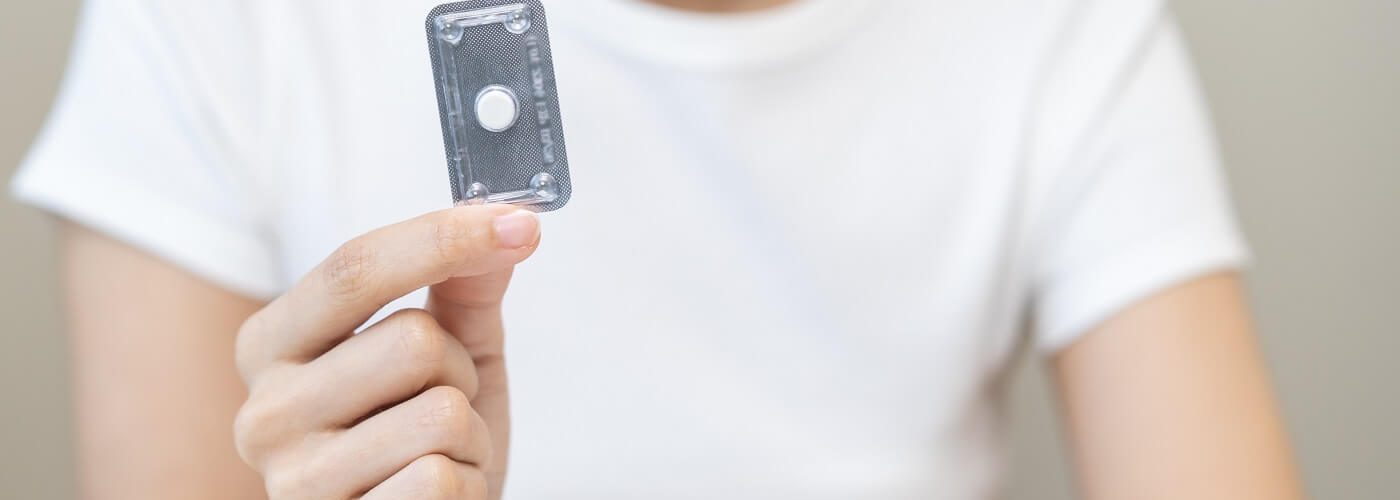
Does Plan B affect fertility?
We know for fact that there is a widespread use of the morning-after pill in Europe, although each country prescribes it differently. It was designed to operate as an emergency contraceptive, but many women have used it at some point, many of them at a young age.
Today, we discuss the effects of “Plan B” pill on fertility. Can it affect future pregnancy plans? Are there any other contraceptive methods?
How does Plan B work?
The morning-after pill is a contraceptive that prevents pregnancy a few hours after sexual intercourse. The WHO advises that the sooner it is used, the more effective it will be. It is appropriate to use it as soon as necessary, if possible, within 24 hours after intercourse. However, it remains effective if taken within 5 days after sexual intercourse.
This pill prevents or delays ovulation, which can prevent pregnancy. It is important to clarify that it is not an abortive pill. That is, if ovulation has already occurred and fertilization has taken place, the pill does not interrupt the pregnancy. Therefore, it is considered not to be 100% effective. Even so, the WHO considers that if used correctly, this method can prevent more than 95% of pregnancies.
Thus, the answer to the question “does Plan B affect a fertilized egg?” is no, because as mentioned before, this dose of hormones only affects ovulation.
Does Plan B affect fertility?
The use of the emergency pill is advised when no other contraceptive method has been used or when it has failed. To prevent pregnancy, it uses a higher dose of hormones than daily-use pills. Therefore, it is an option that should only be used occasionally.
On the other hand, this pill does not affect fertility. Although the hormone dose is high, it has an immediate effect and does not alter the chances of pregnancy in subsequent cycles. Hormone levels return to normal once its effects wear off. Taking a lot of Plan B does not affect fertility either, but we strongly advise against taking a higher dose than prescribed.
Other contraceptive methods
Women who wish to prevent pregnancy for a longer period should use other contraceptive methods. Here is a list of suggestions:
- Daily-use pill
- Vaginal ring
- Contraceptive patches
- Condoms
- Intrauterine diaphragm (IUD)
- Spermicide gels
Surgery also acts as a contraceptive. For women, tubal ligation prevents sperm from meeting the egg. Men can undergo a vasectomy for the same purpose.
Contraceptives in fertility treatment
Why do we prescribe contraceptives in fertility treatment? It seems contradictory, and many patients ask about this. Sometimes it is necessary to regulate the menstrual cycle and contraceptives can also help to schedule the stages of the treatment.
Furthermore, contraceptives allow ovulation to be inhibited so that the ovaries are at rest before starting the stimulation prior to IVF.
IVI helps you become a mother
If your intention is to stop using contraceptives to try to get pregnant, consult your gynecologist for advice on how to proceed. However, once your cycle returns to its usual activity, you will be able to get pregnant. Remember that if you cannot conceive, IVI can help you and recommend the best treatment to achieve your goal. Leave your information in the form below this blog, and our international team will contact you.





Comments are closed here.